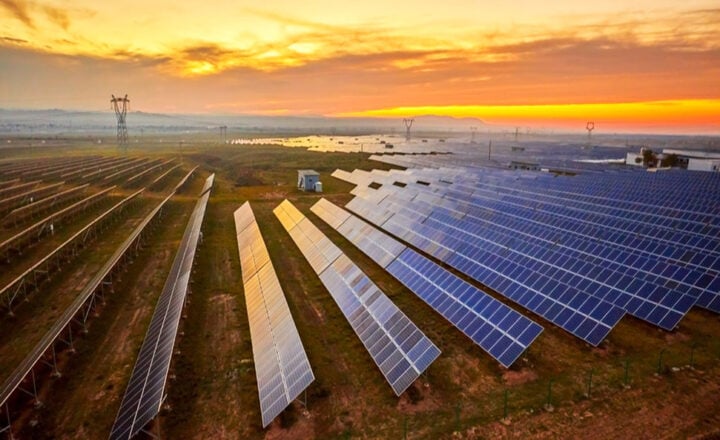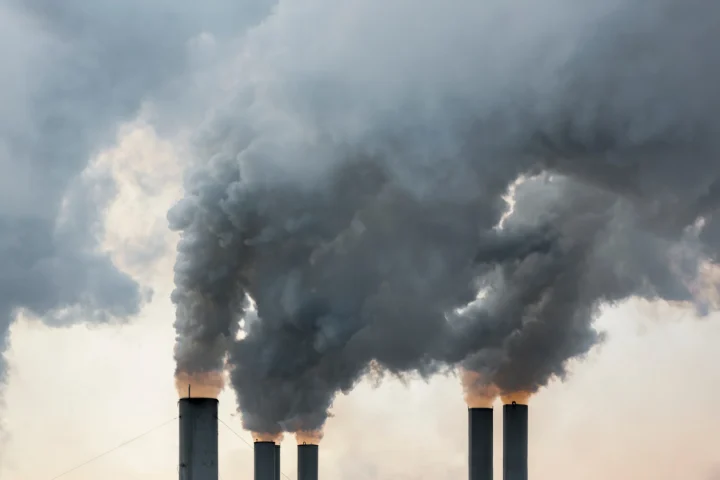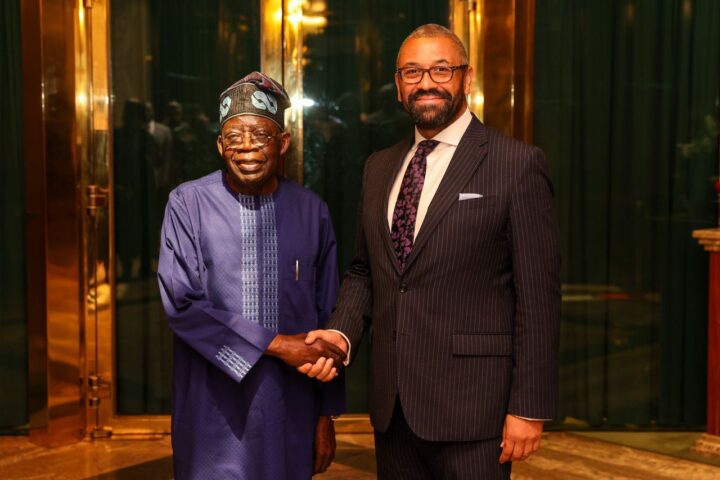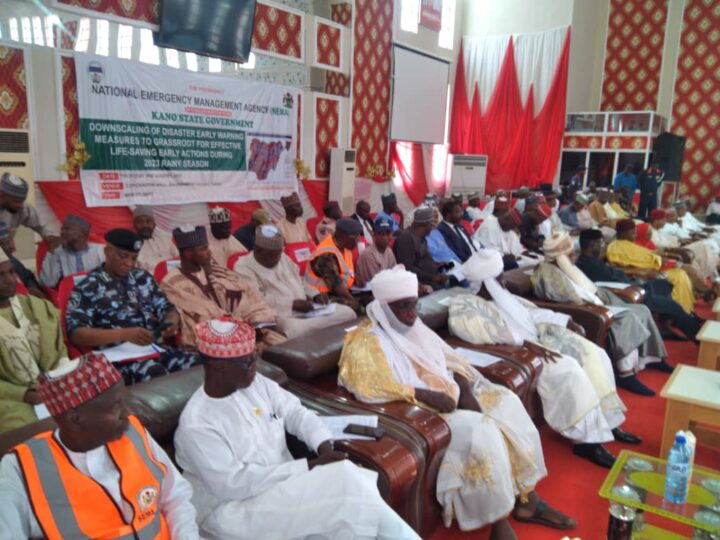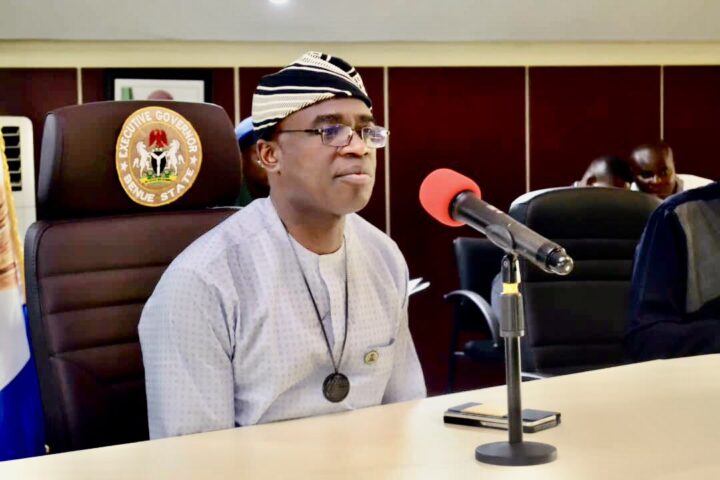The need for countries to address global warming by shifting focus from fossil-based energy production to cleaner sources has never been more urgent. The heatwaves, drought, flooding, and increasing wildfires are proof that the climate crisis is real and countries are acting fast. Nigeria, still reeling from experiencing its worst flooding in decades last year, is not left behind in this race.
To address the climate crisis, the former President Muhammadu Buhari-led administration developed the energy transition plan — an ambitious roadmap to achieving carbon neutrality by 2060. According to Yemi Osinbajo, former vice president and chair of the transition working group, the plan was designed to tackle climate change and deliver affordable and clean energy (SDG7) by 2030 and net zero by 2060.
The plan seems brilliant but there are many factors that question the efficacy of this roadmap. The most obvious is the financial commitment.
To achieve a smooth energy transition, Nigeria would need to spend $410 billion above business-as-usual spending, which translates to about $10 billion per year.
Advertisement
According to a report, 51 out of 53 African countries that submitted their climate action plans, mostly known as nationally determined contributions (NDCs), have provided data on the costs of implementing their NDCs. Collectively, they represent more than 93% of Africa’s GDP. Based on this data, it will cost around $2.8 trillion between 2020 and 2030 to implement Africa’s NDCs.
While African governments have committed $264 billion of domestic public resources, about 10% of the total cost, $2.5 trillion must come from international public sources and the domestic and international private sectors. But there is a problem.
At the Glasgow climate pact in 2021, rich countries pledged to increase funding for developing countries to around $40 billion (£29.8 billion) annually by 2025, to help them mitigate their emissions and adapt effectively to climate change. To date, the promise is unfulfilled.
Advertisement
With “pressing” issues like taming surging inflation, creating jobs, and ensuring more vulnerable children have access to education and healthcare, adequately financing the energy transition plan could arguably be seen as a secondary challenge in Nigeria where the aforementioned problems exist deeply.
But the financing is just one of many roadblocks. Poor public awareness, restrictive economic policies, and a lack of political will all stand as barriers to achieving a seamless transition to clean energy.
For that reason, experts have proffered solutions as to how Nigeria can effectively transit to cleaner sources of power while ensuring the country’s economic returns grow.
MORE BATTERIES + MORE MINERALS = CLEANER FUTURE
Advertisement
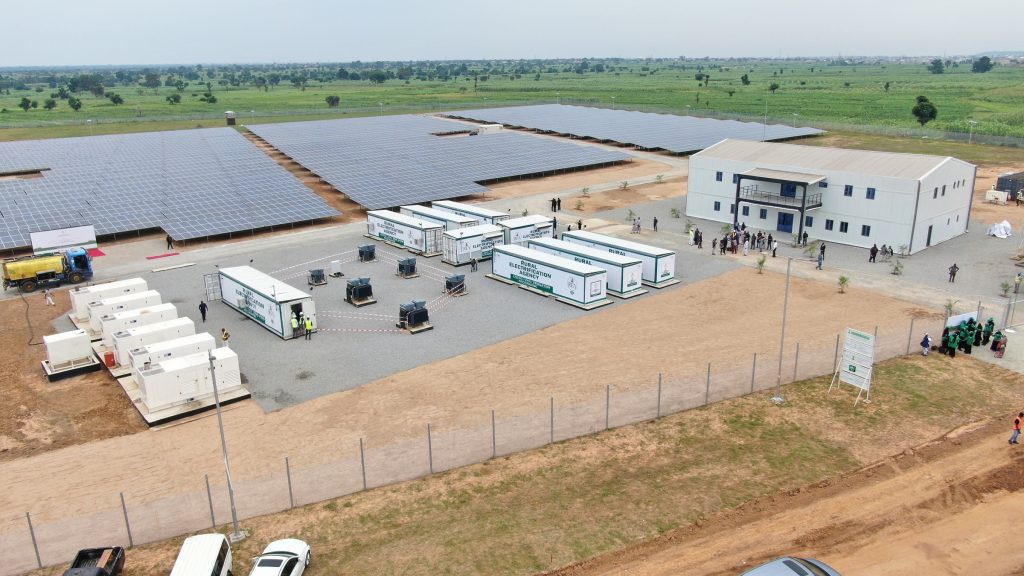
Of all the clean energy technologies set to boom in the coming decades, batteries are most likely to put a strain on mineral supply. In large part, this has to do with the expected rise in battery-powered electric vehicles and other solar-powered products. Just like the energy sources they complement, modern batteries rely on critical mineral commodities, particularly cobalt, graphite, lithium, and manganese.
These deposits are abundant in Nigeria; however, one factor masks the enormous potential these minerals hold — the country’s manufacturing constraints.
Data from the United Nations Industrial Development Organisation (UNIDO) shows that Nigeria’s manufacturing capacities are weak as compared to its African counterparts, and even worse, against the world. As of 2021, in UNIDO’s most current data, Nigeria had 0.00 share of the world’s manufacturing exports and ranked 97 in the competitive industrial performance (CIP) index.
If renewables have to be a part of Nigeria’s power sources, then an increased manufacturing capacity of the products must be in the plans, according to Abimbola Wycliffe, UNIDO’s head of investment and technology promotion office in Nigeria.
Advertisement
Wycliffe spoke at the 22nd Nigeria oil and gas (NOG) energy week conference in July where hundreds of experts and stakeholders gathered to deliberate on how to power the country’s sustainable future.
“We have to make renewable energy technology a global public good by removing the barriers to knowledge sharing as well as technological transfer, improving access to components and raw materials,” the UNIDO official said.
Advertisement
“When we talk about raw materials, we’re also talking about the minerals because energy transition is going to be powered by long-duration energy storage, so what are we doing in the battery space?
“We need to expand, diversify and manufacture in capacity, we actually need to accelerate that and it will be good to have discussions on internal manufacturing capacity not export-focused but internal consumption-focused or domestic utilisation focused.”
Advertisement
Not focusing on internal consumption would be repeating the same mistake we made with exporting crude oil, Wycliffe added. Or else, “We’ll be expecting Tesla to import back batteries that we’ll be utilising”.
Batteries are going to be the main drivers to a sustainable future, she said, but manufacturing expansion can only begin if our domestic policies are reformed.
Advertisement
EXPLORING HYDROGEN AND OTHER CLEAN TECHNOLOGY

Shifting focus away from dirty fuels to cleaner sources will understandably take some adjustment and minor discomforts. Old habits die hard. But the availability of options can make the process easier.
In the conversations of transitioning to clean energy, very little mention is made of hydrogen, but experts say the gas is arguably one of the most effective for a number of reasons.
Hydrogen is a clean alternative to methane, natural gas from oil and gas fields, and cattle dung. But while we have continued to use natural gas because it is a readily available resource, cost-effective and a cleaner alternative to coal – the dirtiest fossil fuel used for heating and to generate electricity — gases like methane, when released into the atmosphere, release carbon dioxide which contributes to climate change. Hydrogen, on the other hand, does not release carbon dioxide.
For hydrogen to be a viable alternative to methane, it has to be produced at scale, economically and the current infrastructure needs to be adapted.
The good news is that hydrogen can be transported through gas pipelines, minimising disruption and reducing the amount of expensive infrastructure needed to build a new hydrogen transmission network.
According to Wycliffe, the energy transition brings in the necessity for an energy mix that is both large-scale and small scale so we need to start aligning our vision for industrialisation and more integration on how to advance the incorporation of clean innovation tech which is pretty much the responsibility of everyone.
“By embracing clean technology such as carbon capture or even carbon storage and utilisation, we can begin to give milestones to the periods when these technologies would play out,” Wycliffe said.
“If we do not start to talk about hydrogen now, there would not be an opportunity to pseudo-leap to the technology when it is scaling through in other climes. So, it is very good for us in Nigeria to embrace the narrative around hydrogen because the more we scale renewables, then the more viable hydrogen would be for us in our energy mix.”
For Dabotekenari Alabo, general manager, crude oil & gas commercial, TotalEnergies Nigeria, testing clean technology and nature-based solutions to offset carbon is a solution for the Nigerian context.
Alabo noted that a faster way for Nigeria to achieve its 2060 goals is for industries in the country to align themselves with the objective of using clean energy.
“When industries in Nigeria are on track to achieving these kinds of goals and they work hand in hand with the country, you see that we can achieve net zero faster,” he said.
TRANSFER OF KNOWLEDGE, SKILLS FROM ALREADY EXISTING ENERGY SYSTEM
Experts like Wale Fayemi, TotalEnergies Nigeria country adviser, multi-energies, believe that a cross-over of skills, knowledge, and resources from the current energy field in the country will not only create a diverse energy mix but will drive a smoother and seamless transition process.
“Today in the country, we have increased energy demand and that is going to continue as our population grows,” Fayemi noted.
“We have an increase in demand for electricity, and industrial activities. When you look at our electricity generation, we have 16.4gw electricity capacity out of which about 12gw is from gas, renewables are just about 2.2gw which is mainly hydro.
“Nigeria as a country today, we do have the ambition to increase our generation to 30gw by 2030. That’s just seven years down the line, of which 30 percent of this will come from renewables. It’s a different question on how we get there.”
According to Fayemi, technology like surface imaging and mapping used in oil and gas can also be used to identify geothermal sources as well and contribute to the energy transition.
“Companies operating in this space need to access capabilities and identify the synergies that they can work on and then start evolving their business models. This is already happening in other parts of the world, why can’t it happen in Nigeria?” the energy expert asked.
